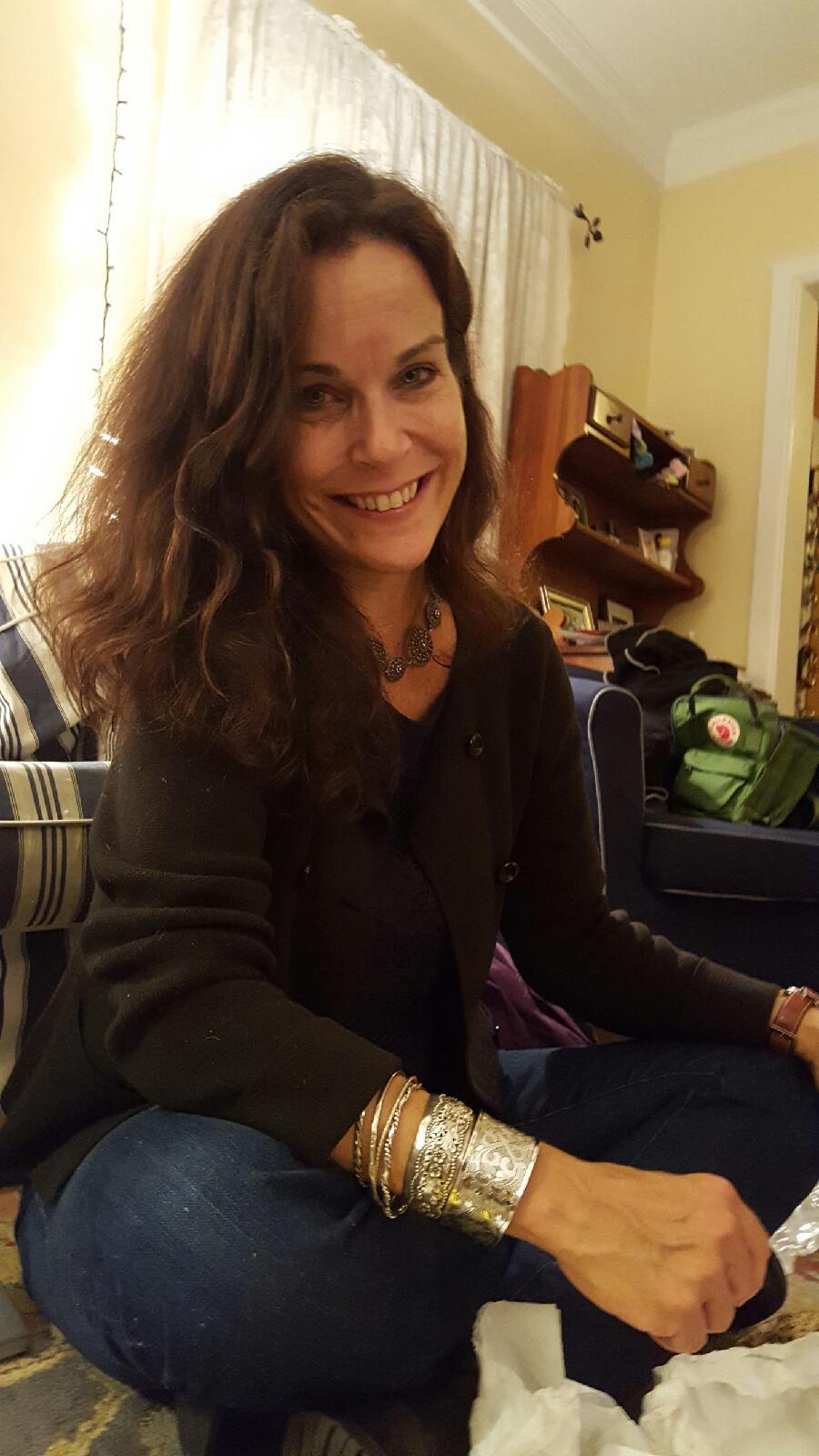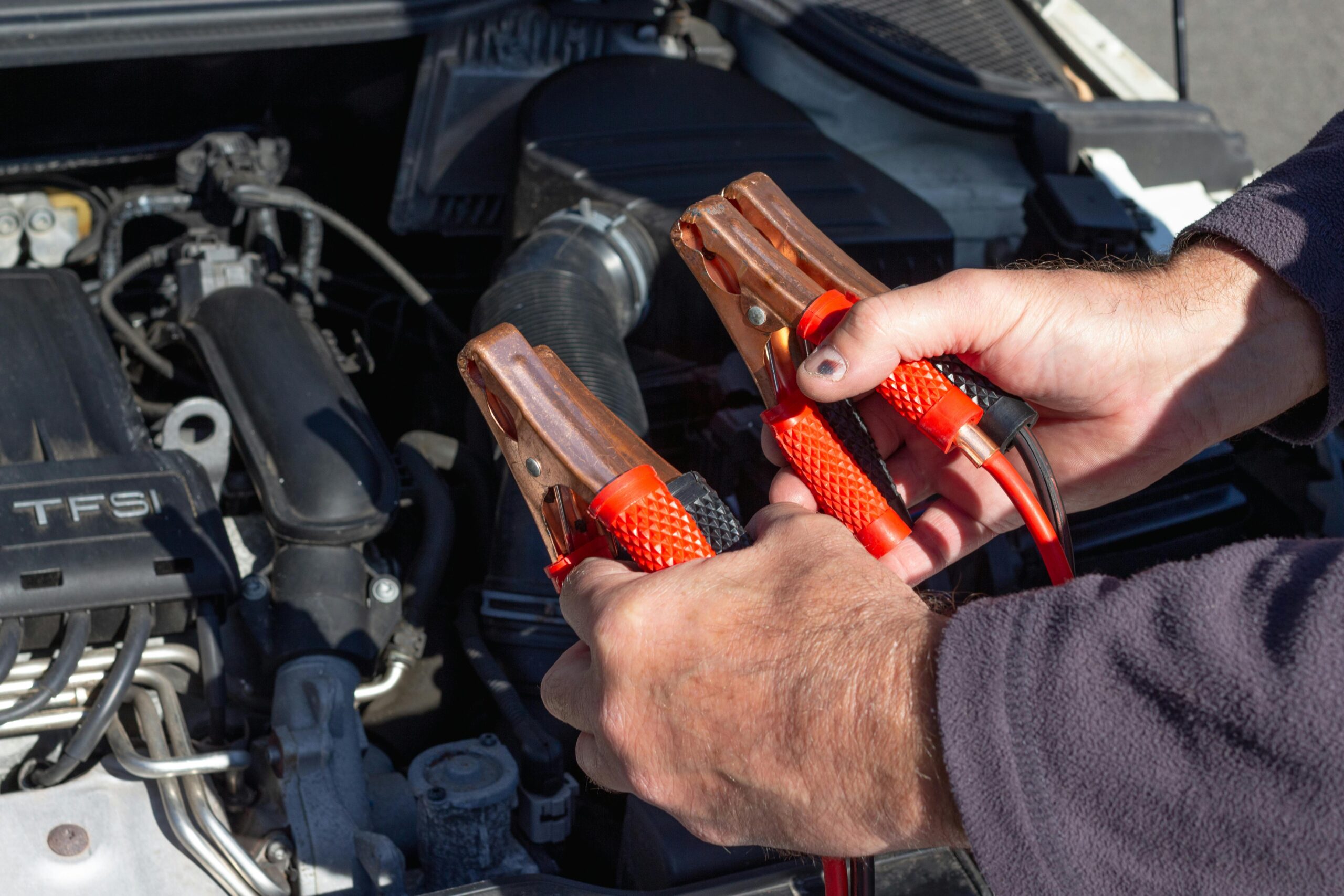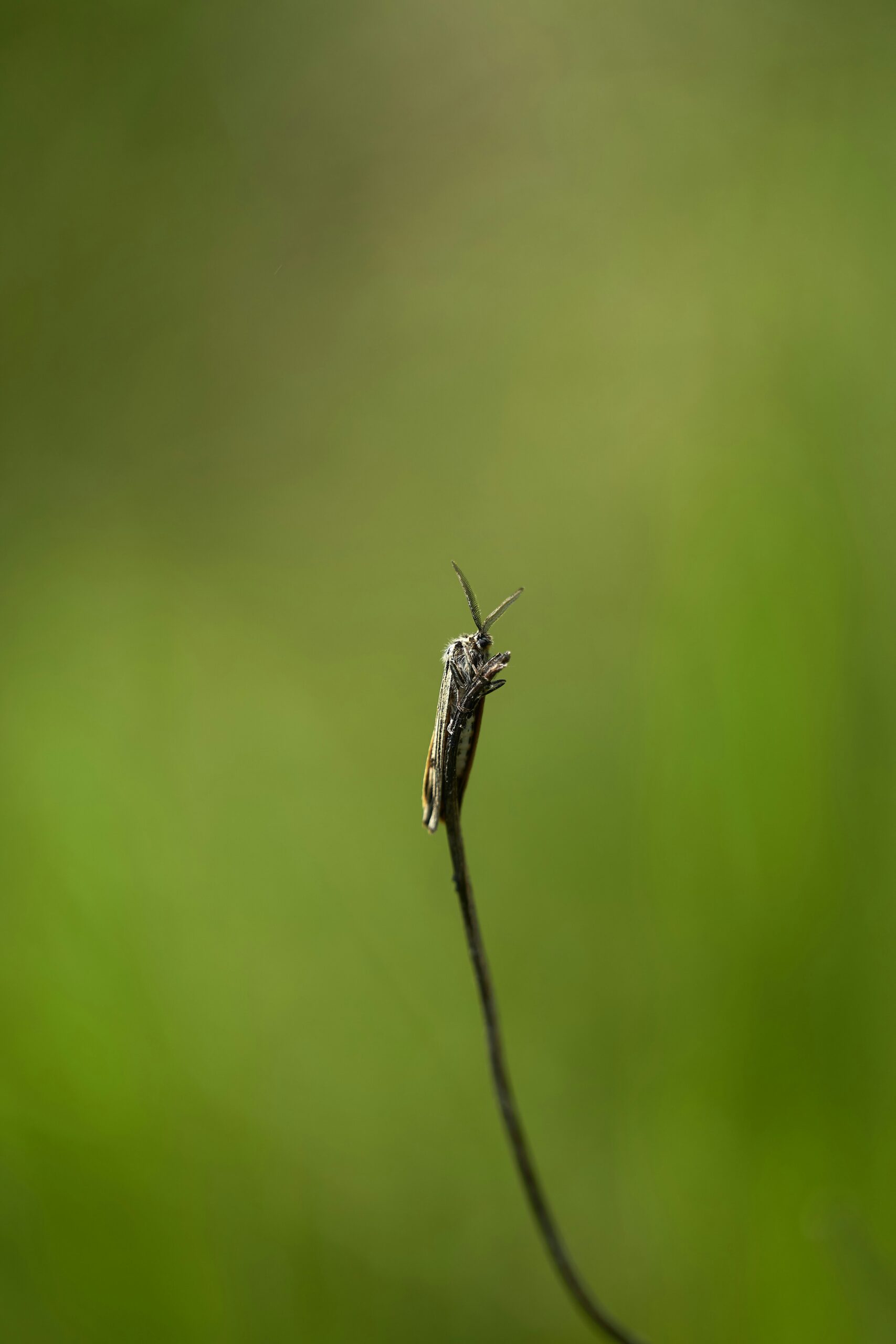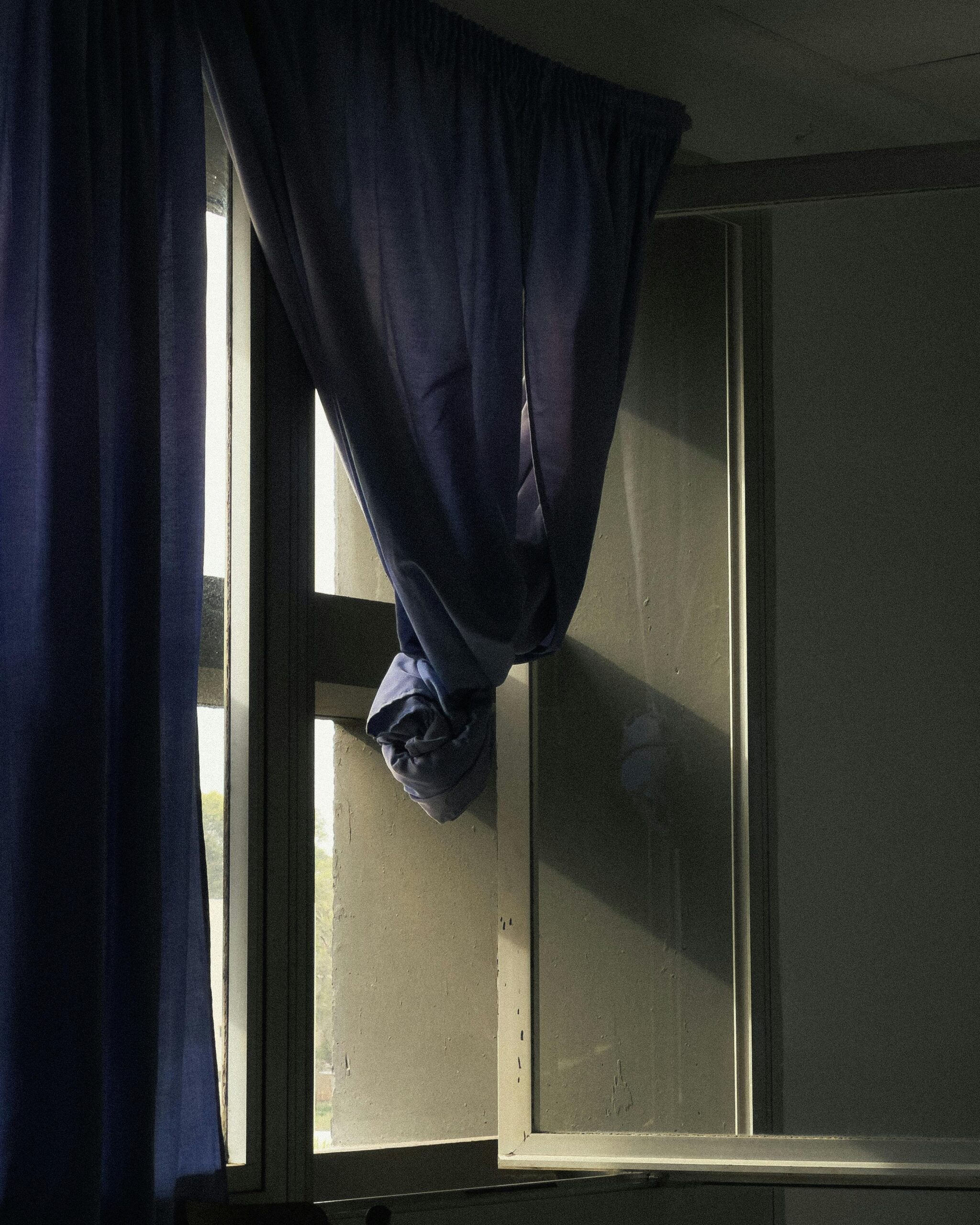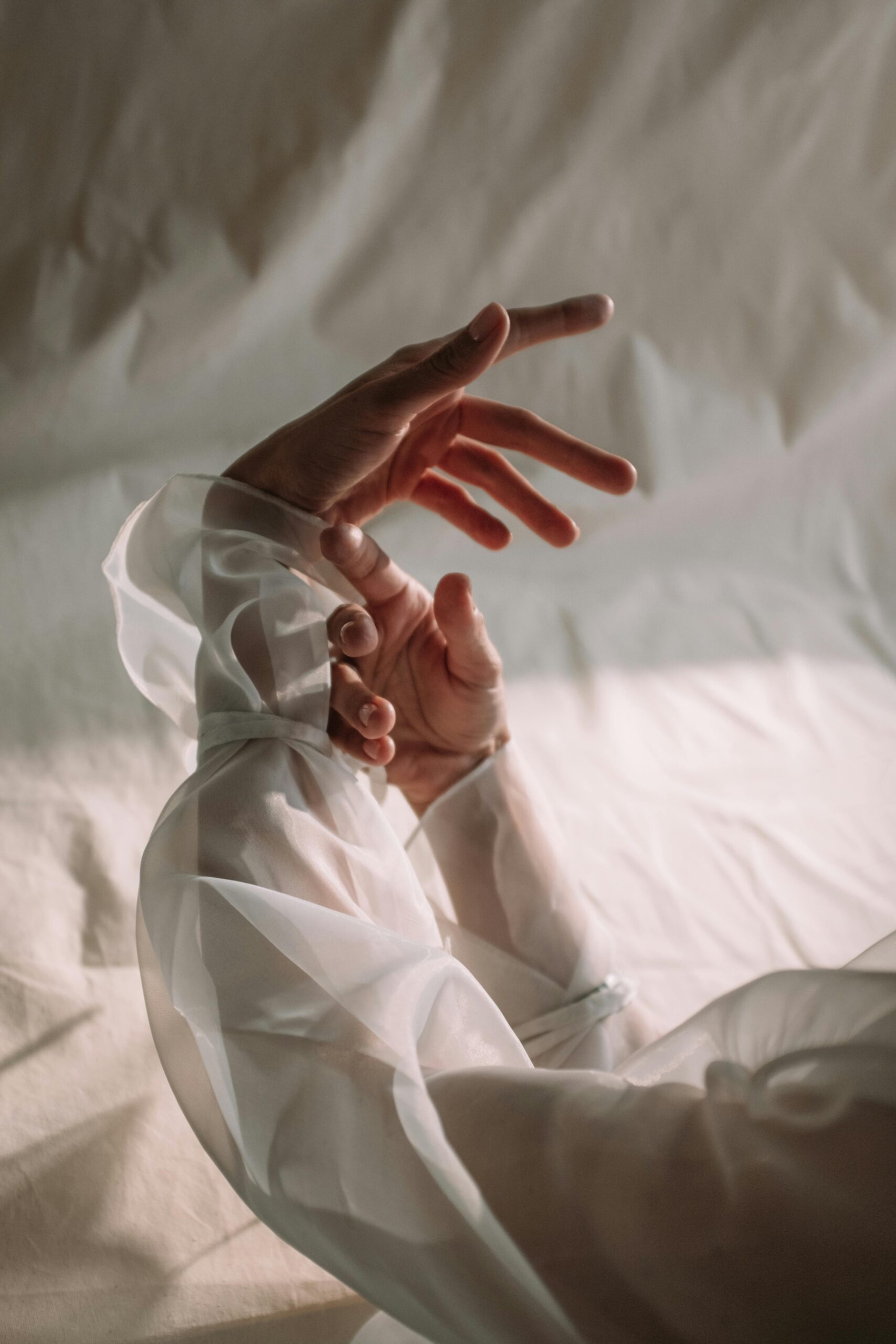By DANIEL MOYSAENKO
I do not like what you’ve done to yourself—
predictable theatre of struggle
I’m in the wings
of
world
Instead take this
translucent
pisces-glyph bug:
Its antennae flitting to test
the space just in front of its face
It struts right into a recluse web
A lesson in what distracts from pain:
Say pinching my wrist
while a fish hook’s mined from my foot
leaving an open-pit bull’s-eye
that never heals closed
What distracts from another’s:
A brick wall collapses
and takes down another in pixels
Names next to “laborer” and “child” replaced
by 2S4 Tyulpan heavy mortar
Now the poplared river
that Tatars were bussed over
is redrawn by kamikaze drones
And below
a wine cave in Crimea has its bottles
scooped out
Melon-ball divots
and cobwebs left—
this basilica of dust I watch the vintner pray in
[Purchase Issue 29 here.]
Daniel Moysaenko is a Ukrainian American poet, translator, and critic. His work has appeared in The Nation, Poetry, The Poetry Review, The Iowa Review, Harvard Review, and Chicago Review. Recipient of an Academy of American Poets Prize and Emory University Rose Library Fellowship, he lives in Ohio’s Chagrin Valley.
